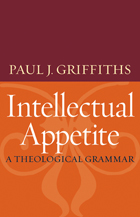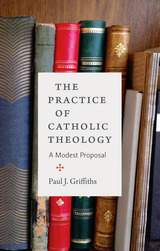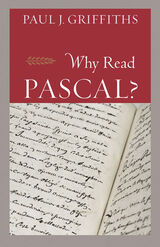


Until September 11th, 2001, few in the West fully appreciated the significance of religion in international politics. The terrible events of that day refocused our attention on how thoroughly religion and politics intermingle, sometimes with horrific results. But must this intermingling always be so deadly? The Sacred and the Sovereign brings together leading voices to consider the roles that religion should—and should not—play in a post-Cold War age distinguished by humanitarian intervention, terrorism, globalization, and challenges to state sovereignty. But these challenges to state sovereignty have deep and abiding roots in religion that invite us to revisit just what values we hold sacred.
Offsetting the commonly shared idea that religion is politics' perennial nemesis, this volume demonstrates that religious traditions, institutions, and ideas are essential elements of the political quest for human rights, peace, order, legitimacy, and justice. The Sacred and the Sovereign brings distinguished scholars of religious studies, theology, and politics together with ranking members of the military and government to reflect seriously about where—and if—safe boundaries can be drawn between religion and politics in the international arena.

READERS
Browse our collection.
PUBLISHERS
See BiblioVault's publisher services.
STUDENT SERVICES
Files for college accessibility offices.
UChicago Accessibility Resources
home | accessibility | search | about | contact us
BiblioVault ® 2001 - 2024
The University of Chicago Press









